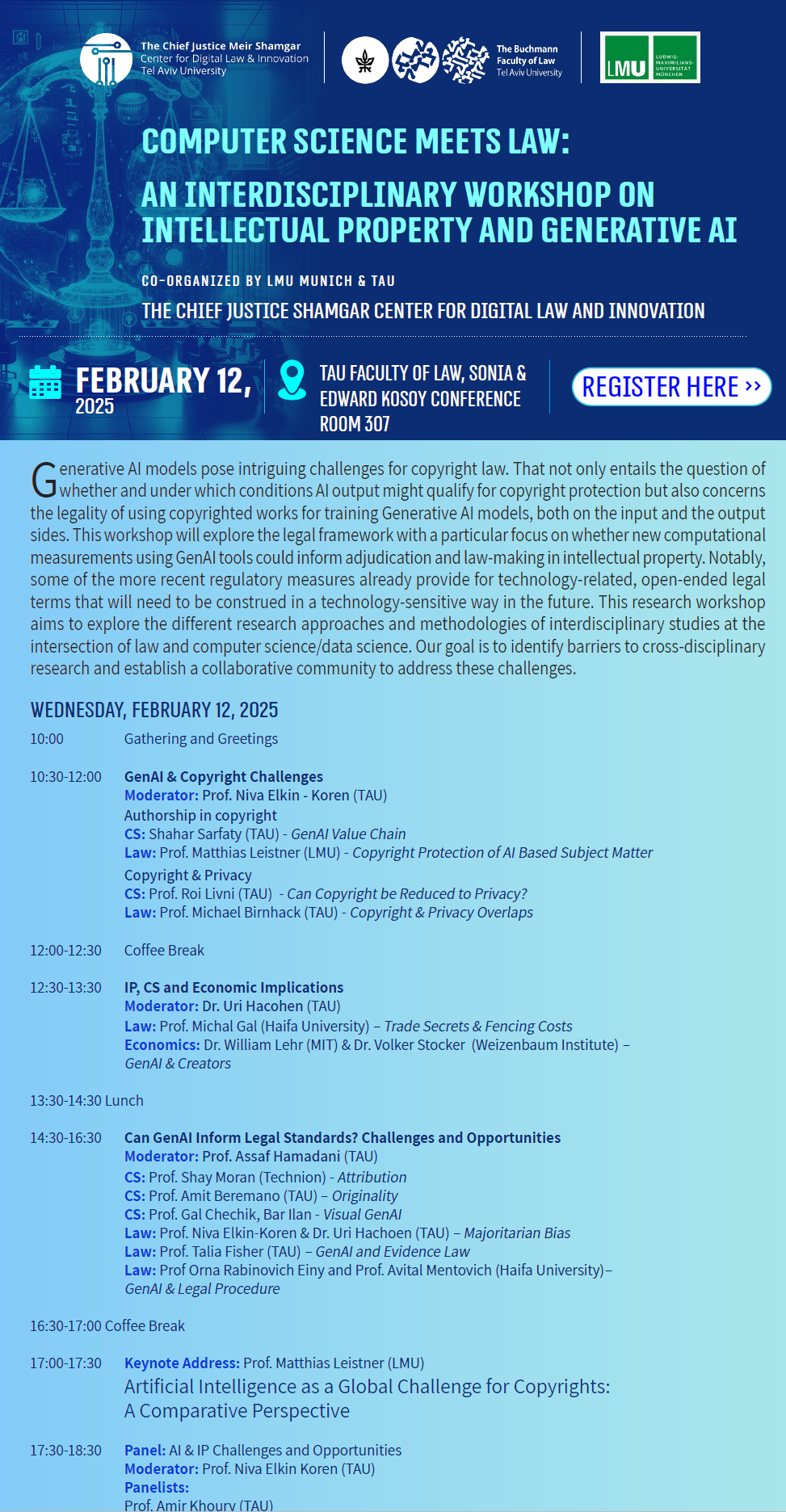THE VANISHING
THIRD PARTY
Access to Justice, Procedural Justice and Substantive Justice in the Age of Dispute Resolution Automation
The DRA Lab serves as the hub for a European Research Council (ERC)-funded research project that explores “Dispute Resolution Automation” (DRA). DRA refers to the phenomenon in which we are moving towards a justice system that employs algorithms for many of the roles traditionally associated with a human “third party” (judge, arbitrator, mediator, or facilitator). The project uncovers the phenomenon and its implications through empirical and conceptual prisms, seeking to generate both theoretical insights and practical guidance as we move towards this new frontier.
Find out moreResearch
The principal aim of this project is to establish a novel theoretical foundation for coping with this transformation. Without such an endeavor, the forces that will shape the evolution of DRA will be the motivations of private platforms offering ODR on the one hand, and those of the administration of justice seeking to reduce their caseload and enhance their operational and procedural efficiency, on the other hand. In developing its theoretical framework, the project will draw on empirical findings collected from dispute resolution platforms employing various degrees of automation, as well as simulated lab experiments, and interviews with users and designers of dispute resolution platforms.
EVENTS
The Association for Public Law in Israel: Annual Conference, 4-6/12/2025
Panel: Technological innovations in public law





